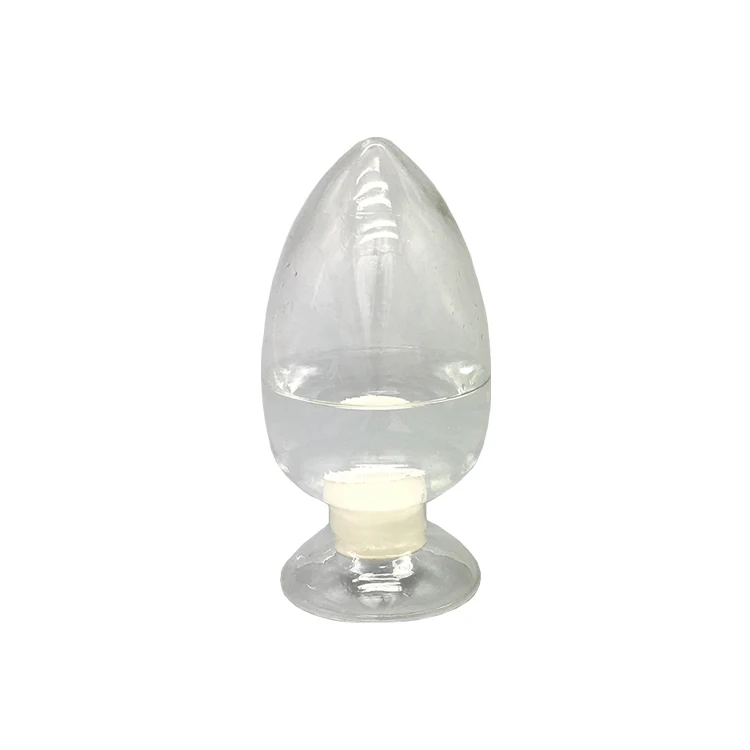Factory Supply COUPLING AGENT CAS:3179-76-8
Quick Details Port: Tianjin Qingdao Shanghai Payment Terms: L/C,D/A,D/P,T/T,Western Union,MoneyGram Supply Ability: 10000 Kilogram/Kilograms per Month Usage: Coating Auxiliary Agents,Plastic Auxiliary Agents,Rubber Auxiliary Agents,Surfactants,Textile Auxiliary Agents Form: Liquid Disregard limit: 0.0005% Total Impurity: 0.2% Max. Heavy metals: 10ppm Max CAS No.: 3179-76-8 MSDS: Available Type: Coupling agent Storage: Cool and Dry COA: Available Content: 99.0% to 101.0% Classification: Chemical Auxiliary Agent Test method: HPLC-ESI-MS Packaging Detail: 200KG DRUM, IBC DRUM Product Description Properties It is an amino-functional silane which acts as an adhesion promoter between inorganic materials (for example glass, metals and fillers) and organic poly-mers (thermosets, thermoplastics and elastomers) and as a surface modifier. It is a slightly yellowish liquid with an amine-like odor which is soluble in alcohols and aliphatic or aromatic hydrocarbons. Technical data Typical characteristics Value Appearance Color to light yellow transparent liquid Purity ≥95% Density at 25℃ 0.92g/ml Boiling point at 760mmHg 168℃ Flash point 85~88℃ Refractive index (25℃) 1.427 Reactivity It is a bifunctional organic compound in which the silicon-functional ethoxy groups hydrolyze in the presence of water to form reactive silanols, which can be bonded to an inorganic substrate; the organophilic amino group can interact with a suitable polymer. The hydrolysis of LT-902 takes place autocatalytically in about 5-10 minutes. Hydrolysates having a concentration of< 5 wt.-% are stable for more than 72 hours. The pH is about 11. Examples of suitable inorganic substrates are sand, mineral wool, silicic acid, quartz, cristobalit, wollastonite and mica; also suit-able are aluminium hydroxide, kaolin, other silicate fillers, metal oxides and metals. Examples of suitable polymers are phenolic resins, furan resins, silicones and melamine resin. LT-It can undergo reactions with ketones or esters. Silane or silanized substrates can react with carbon dioxide to form the corresponding carbonates or carbamates. Product modifications are possible through co-condensation with polysiloxanes. Application and performance It is an important additive in many applications. For example: It can be used as an additive in cold-curing phenolic and furan foundry resins to improve the flexural strength of sand/resin elements with very long shelf life of the resins. Our normal packaging is 200kgs/Iron Drum Packing Terms We supply different volume of package, label customized is acceptable! Regular Package FOR LIQUID 1 Liter Bottle 25 Liter Drum 200 Liter Drum bore φ42mm, weight 100g bore φ48mm, weight 1300g […]


